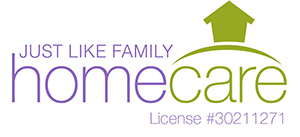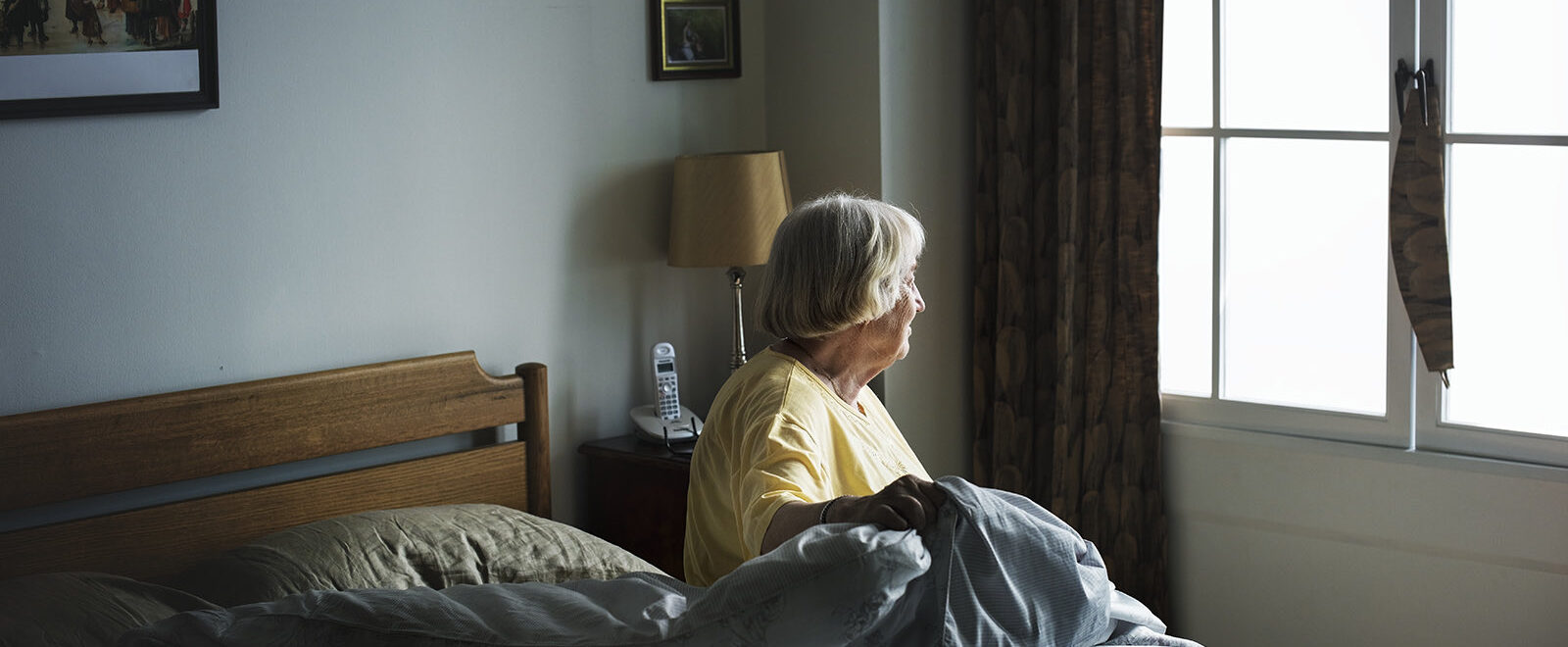It’s easy for those with hectic lifestyles to forget that isolation is a powerful thing. As you go about your day to day life, you probably long for a quiet moment here and there.
For those forced to deal with long term isolation, the pattern flips. When it comes to senior isolation, activity, care, and a bit of noise are welcome distractions.
In the recent past, studies have demonstrated numerous health impacts from isolation. With the ongoing ravages of the COVID-19 pandemic, you hardly need a study to tell you that restrictions on access to the external world causes problems.
How can you make sure your seniors are coping and being cared for in this dire time? Read on for a rundown of options and services.
Isolation Permeates
It sounds contradictory but the issue of isolation spreads. If you feel cooped up and unable to get out, the people you normally spend time with have one more reason to feel likewise.
For reach link in the chain, the next link is missing a similar connection. For those with only a scant few links to begin with, the loss of a connection hits much harder.
In the US more than 27% of adults over 60 live alone. This number increases every year (of age) and women are 20% more likely to live alone than men towards the end of life.
These figures are a problem in and of themselves, currently, they carry a more dire weight. Isolation directly affects the immune system and especially reduces defense against viruses. Reaching out to those at higher risk of feeling isolated and those who suffer from the many risks of isolation is crucial.
Senior Isolation Risks
Isolation comes with a set of direct risks and indirect risks.
Direct Risks
In addition to the risk of lower viral resistance cited above, other direct mental and physical health effects impact isolated seniors more.
Those left alone often find it difficult to stay motivated or stick to a schedule. These lapses being to mount and produce greater weaknesses. Once a person feels incapable of performing simple tasks due to physical or mental infirmity, they avoid the tasks and, worse, often retreat from situations that might involve those tasks.
This spiral of self-imposed isolation on top of the situational isolation makes it hard to speak out about problems or for those on the periphery to identify issues. Symptoms of progressive but low-grade problems, such as depression, may go unnoticed well beyond the stage where aide can be offered.
Indirect Risks
One of the reasons that seniors are often relegated to homes and assisted living facilities is because they require extra care.
Seniors that go for too long on their own are more prone to accidents and injuries. These injuries may be minor but without proper care, they can become infected or increase in scope.
Typical forms of self-care in adults are problematic enough, in seniors the entrenched reasoning associated with minor poor decisions is worse. Where an adult might overindulge in ice cream after a bad day, a senior is likely to overindulge and then forget about the frequency.
Without anyone watching out for their diet they are more prone to diabetes and high blood pressure from dietary choices on top of the increased risks that present with age.
Senior Isolation Solutions
Preventing issues with senior isolation come in two varieties as well: intervention and coping mechanisms.
Intervention Care
For those with even a single elderly parent to look in on, the time can seem to evaporate, leaving to dos spilling over from one list to another. With the extra time sinks of children at home and remote work, this time feels more crunched.
Looking into senior home care services is a solid first step in creating more time.
Senior home care provides a bevy of options to meet a need and the training necessary to ensure safety for your senior.
Senior home assistance puts an extra player on your team to help cover all the things that you need to get done. They also work to provide the following benefits.
Community Involvement
Being involved with a community (and family) requires more of a remote approach now but is still important. Phone conversations have become impersonal and distant forms of communication. Many families are using facetime and remote viewing technology to keep a firmer presence in each other’s lives.
For seniors, this technology can be difficult to access and maintain. Home care providers or a dedicated setup day both help to make this connection possible.
Keeping seniors working and occupied in some sense also helps. Volunteer activities in your area always need hands and time. Pick up and drop off of bulk materials in need of processing can be rewarding and lowkey for seniors.
Transportation
The biggest factor in feeling isolated is often feeling trapped. Even if you have nowhere to go, the ability to go provides comfort.
Taking a drive to see the country or to a quiet place for a light walk can feel like a relief after days at home. Even being in a vehicle for the purpose of running errands gives a senior a chance to experience a change of scenery and feel the wider world at work.
Medical Visits
Preventative health and frequent checkups are both needed to give a senior in peak shape for longer. However, both of these types of visits are extra frustrating right now.
They often take extra time from backlogs in offices or are being conducted remotely through apps. In either case, in-home assistance for the elderly makes a difference in keeping these appointments flowing. Whether this is setting up a computer for the purposes of a remote visit or sitting with them in a safe environment while waiting for a test, having someone there has a big impact.
Meals
cooking for one is already difficult. Having the energy to cook is an added issue. Finding the wherewithal to cook for one when bored and annoyed tends to lead to poor meal decisions and high levels of snacking.
Meal preparation is a rewarding way to spend time with a senior and to provide them with assistance that isn’t overbearing.
Get them in on the planning of meals and prep the difficult pars so that they can complete meals on their own.
Incontinence
Issues with incontinence are some of the most embarrassing and frequently cited reasons that seniors self-isolate.
Nobody likes to need help in general, but it’s especially tough for the more intimate issues. Having a frank discussion with a senior and planning for ways to deal with incontinence helps provide autonomy.
Just Like Family services offers experience in broaching this topic, enabling a senior to engage in social situations with confidence.
Interests
Engaging in a pastime that feels reward is difficult when there is nobody to share it with. Many pastimes are social in nature and those that don’t have social components.
Art projects and crafts need a reveal and an audience to not feel like busywork.
Engaging with a senior periodically gives them a reason to work in the time between visits. It’s important to both generate an interest and to support that interest by being interested yourself.
Coping Mechanisms
Senior home care services and direct intervention in senior lives are important. It’s much more difficult to feel isolated and to fall into the damages therein when they’re not isolated.
But nobody has infinite time and there are instances when seniors will be left alone. To stave off the problems it’s important to develop coping mechanisms and systems with your senior.
Remember that you also need to learn to deal with isolation for coping with current events and your own future.
Pets
A pet is a constant companion that fills the void with noise. Pets provide a lot to humans, it’s why they’re so prolific.
However, a pet also takes time and effort to care for. Don’t select a pet that will be a big burden. Avoid breeds and animals that are fragile or high-strung.
Exercise
Exercise sharpens the mind and the body. Exercise also feels like an enormous chore that nobody ‘wants’ to do.
Building an exercise routine for the whole family is a great way to keep yourself and seniors interested. Start a competition (friendly, of course) to encourage everyone.
When people move they feel better. Just Like Family knows how to keep it positive and about the doing, not the results.
Purpose
Finally, remind seniors that they have a purpose. It’s far easier to put in the effort today if it is part of a whole. People need to know that they matter and that the things they do matter.
Even the hardships you face must count for something (especially the hardships). Talk about your hopes and dreams and suss out what is next on the list of accomplishments for your loved ones.
Don’t focus too mucho n the now of survival but the tomorrow of doing and being more.
Be More
Senior loneliness is a problem that has needed to be addressed for years. Too often senior isolation is a product of a world too busy to care. Right now, with so much happening, taking the extra time to let a senior know that you care and are working with them makes all the difference.
For more information about senior home care and referrals, contact us.

